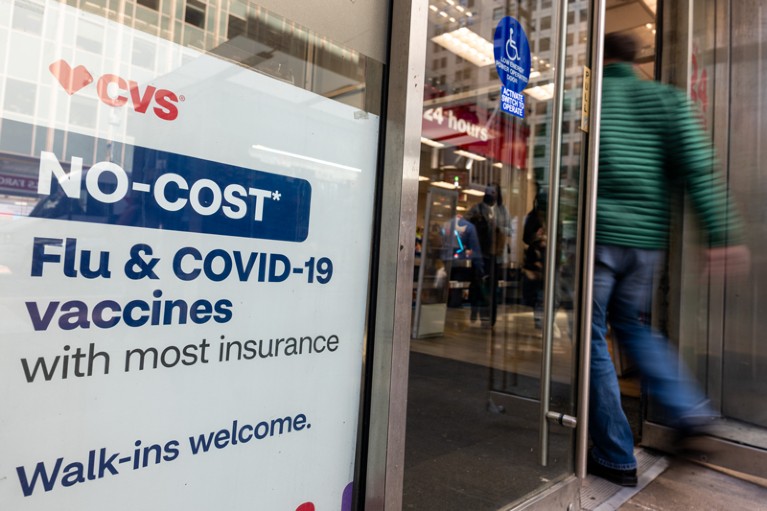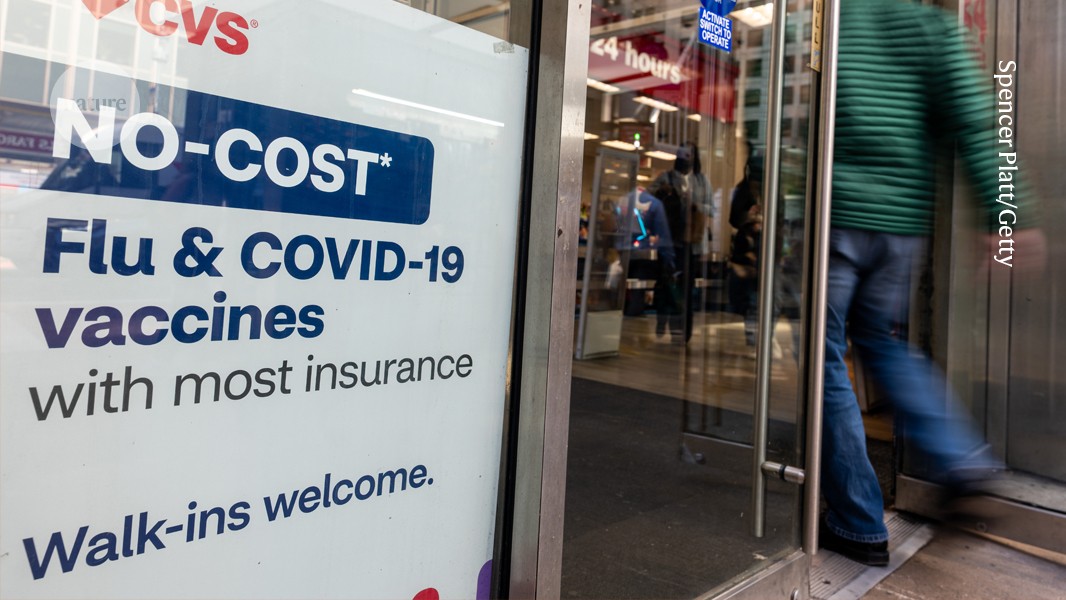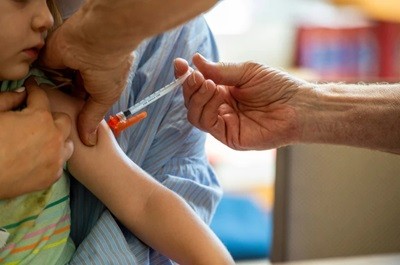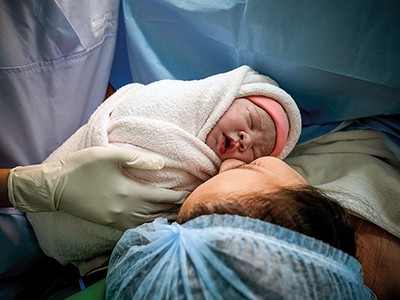
A US vaccine advisory panel decided Friday not to require prescriptions for COVID-19 vaccinations Credit: Spencer Platt/Getty
An influential panel of US vaccine advisers stopped short of recommending COVID-19 vaccines to the public, advising instead that people should make their own decisions in consultation with a health care provider. But some vaccine experts who spoke to Nature say that the decision should preserve both access to the vaccines and health-insurance programmes’ coverage of the shots.
The panel, the US Advisory Committee on Immunization Practices (ACIP), narrowly voted against requiring a prescription for the vaccines. The ACIP’s findings help to determine which vaccinations are paid for by both government programmes and private health insurance companies, which fund health care for millions of US residents.
Who is on RFK Jr’s new vaccine panel — and what will they do?
All 12 ACIP members were appointed by US health secretary and long-time anti-vaccine activist Robert F. Kennedy Jr, who named five of the nominees only a few days ago. Many have made statements against COVID-19 vaccination or vaccine mandates. Kennedy fired the 17 previous members of the ACIP in June.
“The ACIP is meant to provide concrete recommendations on vaccine policy, and today’s votes on the informed consent process on COVID-19 … were extraordinarily vague,” said Sean O’Leary, an infectious disease paediatrician at the American Academy of Pediatrics (AAP), in a news conference following the ACIP meeting.
Confusion reigns
The panel’s decisions on COVID-19 vaccines capped two days of confusion and abrupt reversals by the panelists. The panel was scheduled to issue guidance Thursday on hepatitis B vaccination for newborn babies. But panelists delayed the decision until today and then decided today to delay the decision indefinitely, citing the need for more deliberation. “There’s enough ambiguity here and enough remaining discussion about safety, effectiveness and timing that I believe that a vote today is premature”, said panel member Robert Malone, a physician and scientist.
How to stop mother-to-child transmission of hepatitis B
Panel members also voted today to reverse a decision they made yesterday on a childhood vaccine against measles, mumps, rubella and varicella (MMRV). Panelists voted Thursday to recommend that a US government programme called Vaccines for Children, which provides free vaccinations to many US children, should continue to provide the MMRV vaccine for children under the age of 4; on Friday they voted that it should not.
“It was a bit chaotic both yesterday and today,” says William Schaffner, an infectious disease specialist at Vanderbilt University Medical Center in Nashville, Tennessee, and a former member of the ACIP. “They’re all still getting their sea legs.”
Vaccine choices
On Thursday, panelists also voted against the general usage of the MMRV vaccine in children under the age of 4 years — a decision separate from their vote on the use of the MMRV vaccine in the Vaccines for Children programme.
Since 2009, the US Centers for Disease Control and Prevention (CDC) has recommended that children receive their first dose of varicella (the virus that causes chicken pox) vaccine separately from their first dose of the combined measles, mumps and rubella vaccine. The recommendation is based on a link between the MMRV vaccine and a slightly higher risk of fever-related seizures in children between one and two years of age.
Under the old guidelines, families could still opt for the single MMRV shot — for example, if they wanted to reduce the number of medical visits for their child. But the panel’s recommendation means that families will no longer have that choice, assuming the panel’s recommendations are approved by the acting CDC director.
ACIP member Cody Meissner, a paediatrics researcher at the Dartmouth Geisel School of Medicine in Lebanon, New Hampshire, opposed the decision. “What we’re saying is we don’t trust parents to make a decision,” he said. “Some parents don’t want to administer two doses of a vaccine if they can receive one and get the same degree of coverage. And I prefer that families have the option to make a selection.”
COVID-19 clarity
The committee did not vote on whether COVID-19 vaccines should be covered by the Vaccines for Children programme, a decision that typically follows all ACIP vaccine recommendation votes. “I was worried that they were going to forget about that and they did, further demonstrating the lack of familiarity with the process of the folks on this committee,” said O’Leary.




